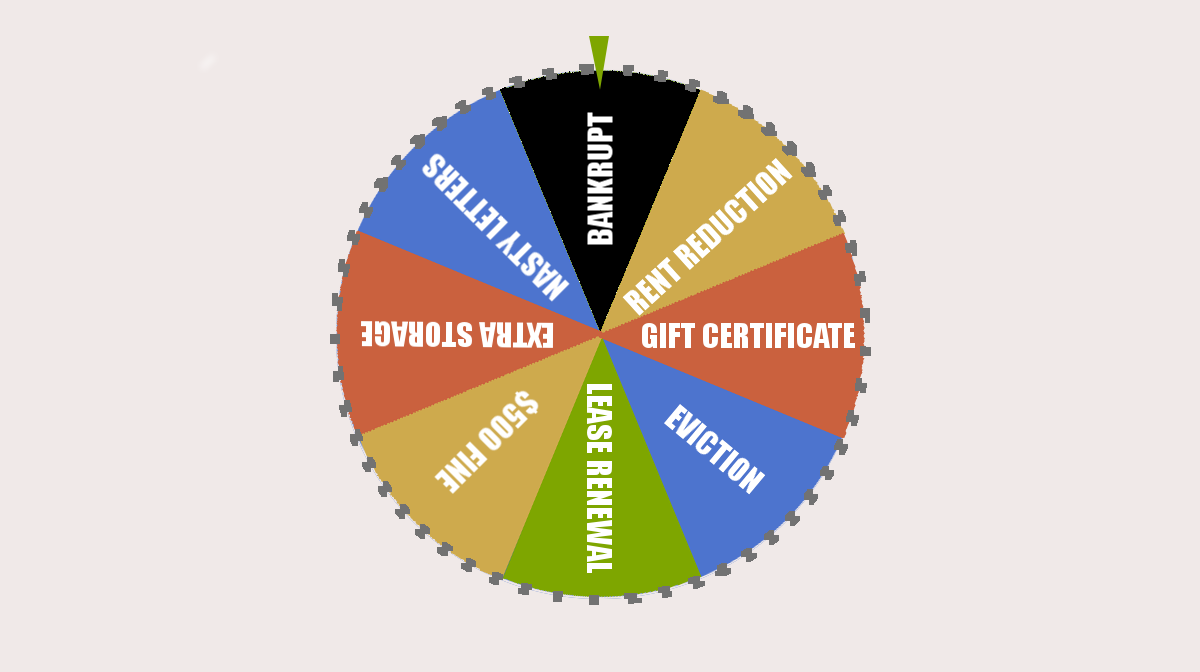Always check your lease and send a written heads up to your landlord before tinkering around in your apartment.
It's practical to assume that the fragility of an object increases in direct proportion to the number of moving parts contained inside. This is why there are so many businesses dedicated to maintaining complex things like cars, computers and human bodies. This assumption also holds true for apartments - every additional feature is something else that can break. It is in fact quite common for landlords who specialize in section 8 housing to strip out as many moving parts as possible, since annual government inspections will fail if landlord-provided items are broken regardless of the cause.
We all know what a pain it is to ask your landlord to fix broken things. It's time consuming, you might have to rearrange furniture, you might have to take time off from work to meet with maintenance workers, you might have to kennel your pet for a day. You might have to make multiple requests before broken items get fixed. Or you might even throw up your hands and resign yourself to living out the rest of your lease without the broken item. But many simple fixes are things you can do yourself without waiting for a landlord or their crew to show up. Doing these projects yourself can not only make your daily life more comfortable, but they keep your rent lower and can be great little confidence boosters. Continue reading 9 Cheap and Fast DIY Fixes That Every Renter Can Handle





